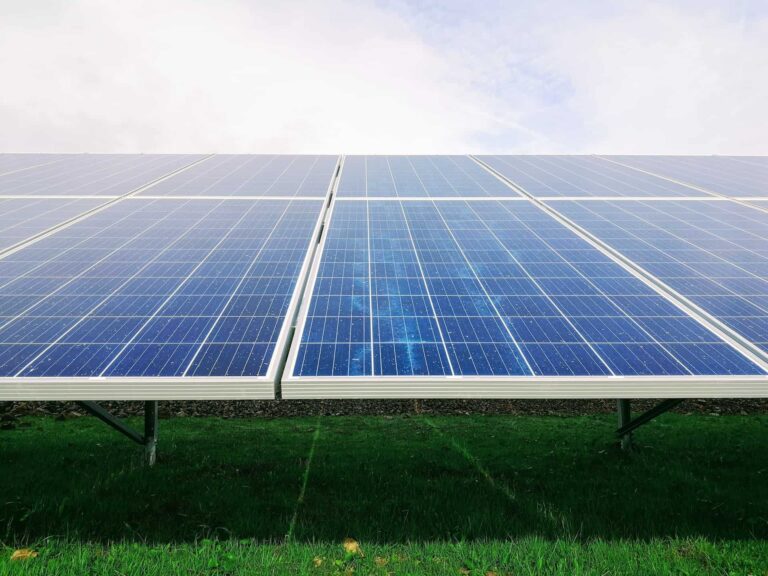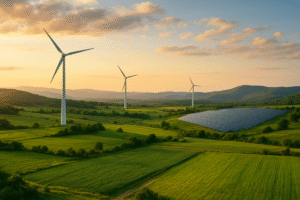Certainly the winter between 2022 and 2023 will be remembered for many reasons. For the protracted war in Ukraine, for the drought emergency in many parts of Europe, and of course for the energy crisis.
It was precisely the need for European countries to become independent of Russian gas that led to the rise in energy prices more than anything else. So much so that during 2022 the question was repeatedly raised as to how the following winter would be coped with.
Well, today we know how the European continent has coped with the cold months. Namely, those when one normally needs fossil fuels most to heat homes, workplaces and so on.
We know that, fortunately, energy costs peaked before the actual arrival of the cold season. And we also know that the EU energy sector’s emissions during the winter were significantly lower than average. The reason is simple. In response to the energy crisis, renewables finally outperformed fossil fuels this winter.
Table of Contents
2022/2023: the first winter in which renewables overtook fossil fuels
Confirming the change of pace was the energy think tank Ember. It is from their analysis that it is possible to say that the past winter was the first one in which renewables overtook fossil fuels in Europe.
Between October and March 2023, the demand for energy generated using fossil fuels fell by 12 per cent compared to the previous winter.
Counting in hand, renewables generated 40 per cent of the energy consumed by the European Union in the winter half-year. Whereas fossil fuels only generated 37 per cent of electricity.
Never before have such proportions been reached. And indeed the consequences are concrete, with the lowest winter emissions ever.
Read also: European renewables at unprecedented levels: soon to be the first source of energy
Energy production from gas, coal and nuclear power
Compared to coal production in the winter of 2021/2022, production in the winter of 2022/2023 fell by 11%, or 27 TWh less. For gas, on the other hand, it was 13% less, or 38 TWh.
It should also be mentioned that during the months under review, nuclear energy production also fell compared to the year before, due to the problems involving the French power plants. Thus forcing almost half of its reactors to remain idle.
On the other hand, there is no talk of damage or technical limitations as far as gas and coal are concerned. Demand fell for other reasons, from geopolitical ones to the associated hyperbolic price increases.
Looking at the production of electricity from coal in Europe, power plants in Poland and Germany covered it by 70%.
And while it is true that Italy, Hungary and Finland have moved in the opposite direction to the rest of the continent, increasing coal production, it is also true that there has been no real return to the black gold. On average, the coal-fired power stations that have been reactivated have been under-utilised (to 27% of their capacity).
Reducing energy consumption
Certainly the one in which renewables outperformed fossil fuels was a mild winter. But it is still true that the cuts in energy demand saved the EU around EUR 12 billion in electricity.
All European countries, with the exception of Ireland alone, managed to cut their energy consumption by 5% at peak times. Greece, Slovakia and Romania managed to achieve the 10% cut (set by the EU itself). For the years to come, however, it will be crucial to quickly increase renewable energy production.












